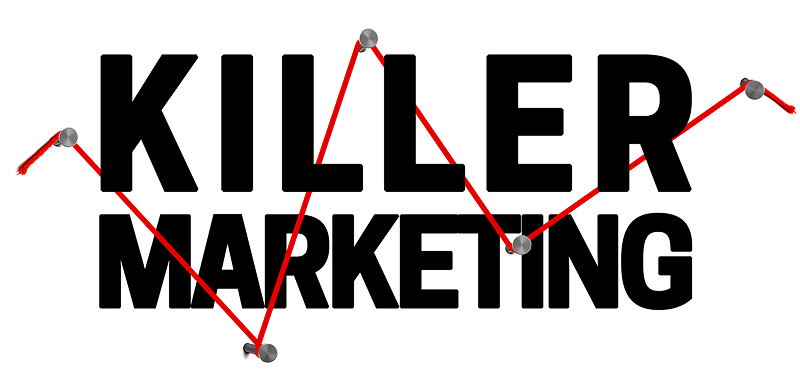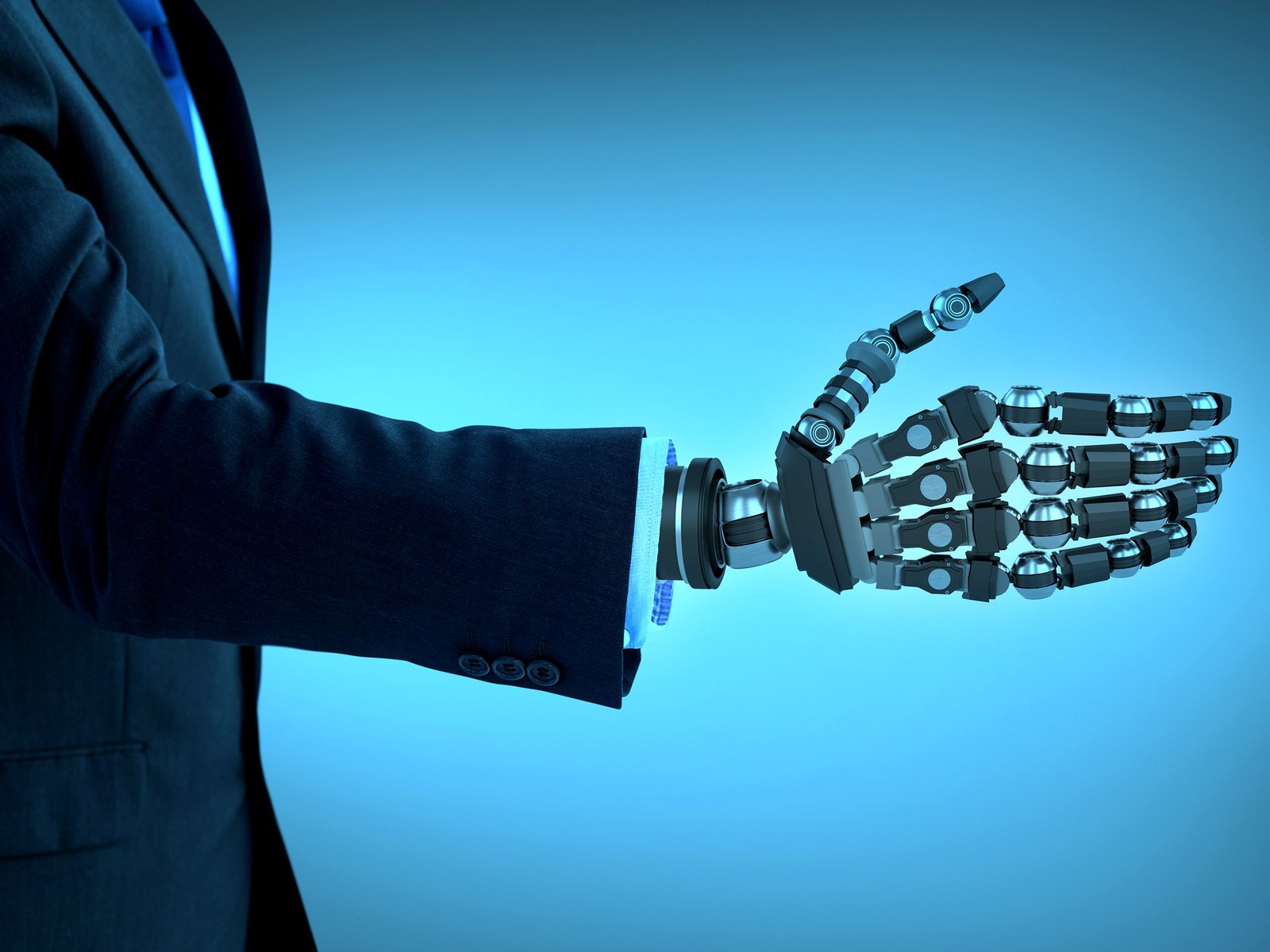Why I Don’t Use Generative AI for my Small Business Marketing
Generative AI, such as ChatGPT, Google Gemini or Microsoft Copilot, has quickly become ubiquitous. Whether they tell you or not, most marketing consultants now “generate” rather than write; they ask the chatbot oracle, rather than coming up with ideas themselves. Why don’t I? Thanks for asking. I’ll tell you.
The best comparison I’ve seen for generative AI (genAI) is the microwave. Microwave cooking is so easy, so efficient! When microwaves first hit the market, their manufacturers and hype men suggested you use them for everything. Filet mignon in the microwave? Sure!
Now that the hype has passed, of course, no one in their right mind would cook filet mignon in the microwave. If you’re anything like me, you use microwaves for a few specific tasks, but otherwise you’re cooking the same way your grandma did.
Ease and efficiency doesn’t always yield better results. That, honestly, is the crux of why I don’t use genAI.
My number one priority is producing small business marketing content that’s good. When you’re hiring a marketing consultant, quality should also be your main concern. That brings me to the first reason I don’t use genAI:
1. Machine-written text is boring… or cringe (sometimes both)
I can tell when genAI has been used for a website, a report, an email, a text message. How? It’s boring. I zone out immediately.
GenAI text is engineered to sit on the fence, to give no opinions, and only display the type of personality that’s considered to be inoffensive. (For me, that personality reeks of “guy at the office who thinks he knows everything but actually knows nothing.”)
Why on earth would you want your marketing output to make people cringe, or zone out?
However, even if machine-written text were wonderful and compelling, there’s another pressing reason to avoid it.
2. Your marketing output should belong to you, not someone else
I’ll say this loud and clear: anything generated via AI cannot be copyrighted.
Your marketing consultant can generate, say, an article for you, charge you for it, perhaps even lie and say that the copyright now belongs to you. It doesn’t. You don’t own that piece of writing. No one does.
That means someone can swipe it from you, put their name on it, and you have no recourse. You paid for it, but you never owned it.
Suffice to say, you should own copyright on your website, your articles, your brochures, and anything else you use for marketing.
Letting your marketing consultant loose on ChatGPT while armed with your confidential information can also have bigger business ramifications.
3. I don’t want to spread your business secrets around
Creating a website, writing a business report, fine-tuning an email marketing campaign – all of these things require you, the small business owner, to share confidential information with your marketing consultant. Obviously, those private details won’t be made public on purpose.
But as soon as someone (you, your marketing consultant, whoever) pastes your sensitive business information into a genAI program, the system automatically takes the information and uses it for its ‘training dataset’. (This training data is what makes chatbots appear ‘intelligent’ and able to provide words that answer a question.)
As training datasets are often sold on and shared between different companies, this means your personal information could end up literally anywhere. For example, if a different user asks a question related to your sensitive information, they could receive a response that incorporates your personal information.
This has the potential for huge breaches of confidentiality, which could be exploited by bad actors. Therefore, it is sensible to explicitly avoid inputting confidential information into genAI systems.
If you work with me, you don’t need to worry. I won’t accidentally spread your business secrets around the internet. And I’m not overlooking the other ethical implications of genAI, either.
4. I’m not building my business on stolen goods
Let’s imagine I went to Tesco and stole eggs, flour, sugar and butter, shoving them covertly into my backpack and sauntering out the exit trying to look natural. Then I went to my shiny commercial kitchen to clock in for another day at My Fantabulous Cake Baking Business… using all the ingredients I stole.
Would that be right? Would that be… good business?
I mean, I’m remixing the eggs and flour that I stole. My end product of delicious cakes looks completely different. So it’s fine that I stole the ingredients from Tesco, right?
No. Obviously no.
Tech companies like OpenAI pirated ebooks and stole artwork in order to train their datasets. They didn’t pay the authors and artists; they didn’t credit them. They just stole it all.
Anything generated by AI is built on the backs of stolen labour. Often, genAI programs will spit out whole sentences that can be traced to specific authors, like when OpenAI’s CEO Sam Altman generated a short story and the best line, “a democracy of ghosts”, turned out to belong to Vladimir Nabokov.
You draw your own conclusions about whether the juice is worth the squeeze with genAI, but for me? I’m not building my business on stolen goods – whether those goods belong to Nabokov or an author whose name I don’t even know.

5. The environmental implications of genAI are alarming
What’s more, I can’t turn a blind eye to the huge energy and water use burden associated with genAI.
Running a genAI search requires approximately 33 times the electricity of running a regular Google search.
GenAI is also thirsty work: fresh water is required for the cooling systems used in data centres that power genAI searches. By 2027, the amount of water used in genAI may equal the total annual water withdrawal of half of the UK.
In a time of climate emergency, do those stats make you feel all warm and fuzzy inside? Nope, me neither.
When you step back and look at the situation, genAI is bad for the planet, it’s bad for customers sifting through subpar text… and it’s bad for you, the small business owner, too.
6. You deserve better than derivative slop
You should value your business. You should hold yourself in high esteem. You do a great job for your clients – shouldn’t your marketing reflect that?
AI slop is, honestly, embarrassing. It’s filet mignon in the microwave.
Marketing is about building relationships with prospective customers. It’s about getting people to “know, like and trust” you. Is there anything less likeable, less trustworthy, than sloppy, derivative, AI-generated shit?




